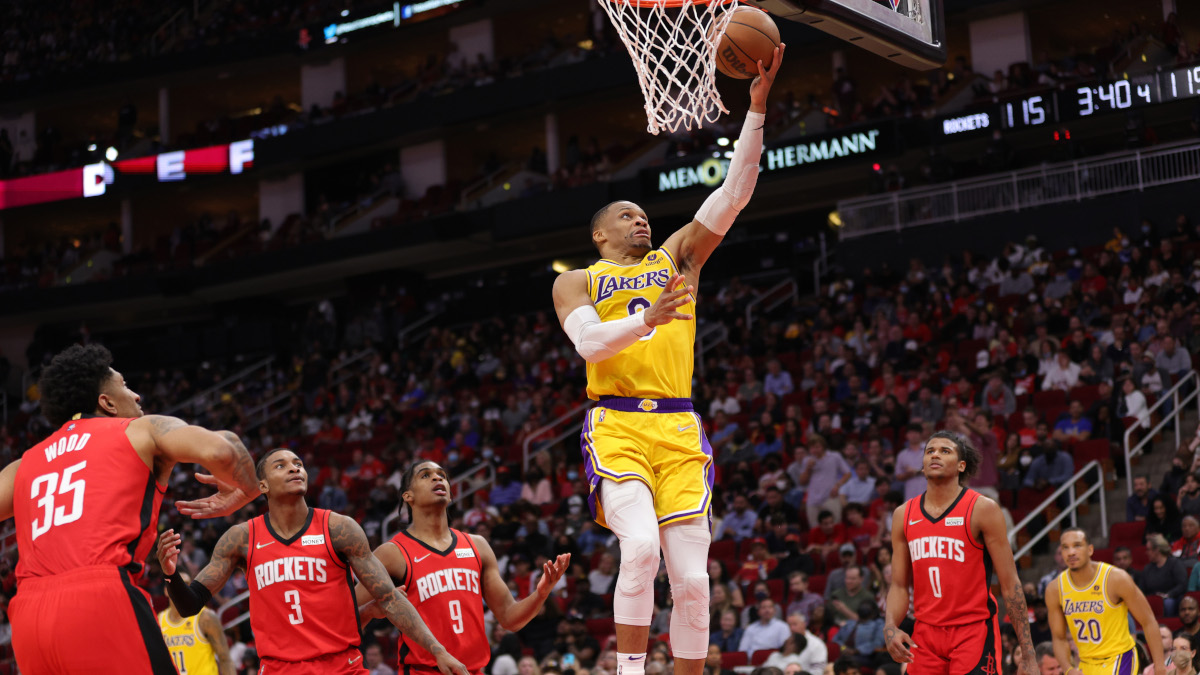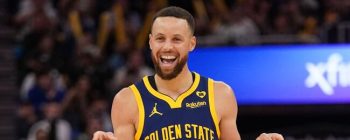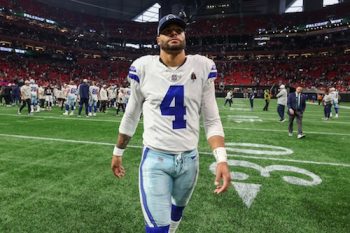NBA
NBA Trade Deadline: A Russell Westbrook Buyout Explained

Well past the halfway point of the 2021–22 season, it’s fair to say the Russell Westbrook experience with the Los Angeles Lakers is a dismal failure. Brought in to form a Big Three with incumbent superstars LeBron James and Anthony Davis, Westbrook’s rough play and wonky fit with the Lakers has the club as 23–24, eighth in the Western Conference, and eyeing a second straight venture into the play-in tournament.
LA’s options are somewhere between slim and none. But there are reports one team might be willing to take on Westbrook’s max contract if the Lakers attach some juicy draft capital to the deal. From there, free agency would beckon the 2016–17 NBA MVP earlier than he expected.
The Houston Rockets might take back Russell Westbrook
This season, Russell Westbrook is the fourth highest-paid player in the NBA at $44.2 million. The max extension he signed with the Oklahoma City Thunder in September 2017 includes a $47.1 million player option for 2022–23.
It’s not something any team has on its NBA trade deadline wish list as Feb. 10 rapidly approaches.
However, according to Marc Stein on Substack, the Houston Rockets might be willing to go back to the well on a trade that didn’t work out for them the first time. In December 2020, the Rockets traded Westbrook to the Washington Wizards for John Wall and a lottery-protected 2023 first-round selection.
Wall has the third-highest salary in the league this season at $44.3 million. Theoretically, the money works. Houston deactivated Wall before training camp, and he’s not played this season despite being healthy. If the Lakers would be willing to part with their 2027 first-round pick (the earliest they have available to trade), Westbrook-for-Wall, the Sequel, becomes a possibility.
However, the Rockets have zero intention of seeing Westbrook in their uniform again.
The Houston Rockets would pay Russell Westbrook not to play

Stein later reported on Substack that the Houston Rockets plan to buy out Russell Westbrook’s contract if they acquire him from LA.
They’d be on the hook for the remainder of his salary this season but could stretch the star’s option year salary over five years on the cap sheet.
Buying out a max contract isn’t something teams take lightly. While the collective bargaining agreement allows teams to stretch a player’s remaining salary, there are limits on how much can be absorbed.
Per the CBA, stretched salary can’t account for more than 15% of a team’s total cap charges. Westbrook’s $47.1 million player option is guaranteed money unless he opts out. In the event of a buyout, that’s not the case.
Instead, Houston would stretch that $47.1 million over the next five seasons as dead cap space. According to Danny Leroux of The Athletic, the most recent estimate for next season’s salary cap is $119 million.
Using that figure, a team can stretch up to $17.85 million in dead money. The buyout for Westbrook ($47,063,478) is a little more than $9.4 million annually for five years. The amount works.
Houston’s only dead money charge on the books for next season is $122,741 from waiving Troy Williams in February 2018.
The long-term cost of a massive buyout is steep
There are two long-term effects if the Houston Rockets acquire Russell Westbrook and waive him using the stretch provision.
The first is obvious; $9.4 million in cap space is useless for the next five seasons.
The second ripple isn’t so noticeable but can prove more damaging. Should the Rockets find themselves needing to dump a bad contract before the end of the 2026–27 season, they might not have the cap flexibility to do so.
The 15% rule in the stretch provision is cumulative. The total of all bought-out contracts counts toward that number. The bite from Westbrook’s contract eats up more than half that total for next season, a percentage that will theoretically decline each of the following four years as the cap increases.
But if the team makes a mistake signing a player it later wants to scrap, Houston will find itself in the position the Lakers are in presently. The Rockets would need to expend draft capital or give away young talent to move the contract to a team with the cap space to stretch it.
It was a strategy Brooklyn Nets general manager Sean Marks used early in his tenure, trading cap space for future draft picks/young players. Sometimes Brooklyn bought out the incoming player (Dwight Howard in 2018). Other times, such as with DeMarre Carroll, the player became a valuable part of the rotation during the rebuilding process.
It’s unlikely the Lakers and Houston Rockets can put together a deal for Russell Westbrook before the trade deadline. But if they do, the buyout market before March 1 (the deadline for bought-out players to be eligible for the postseason) gets a lot more interesting with the availability of a former MVP.
Contract information courtesy of Spotrac.
Like Sportscasting on Facebook. Follow us on Twitter @sportscasting19.
RELATED: NBA Trade Rumors: Russell Westbrook May Already Have an Exit Plan if the Lakers Trade Him











